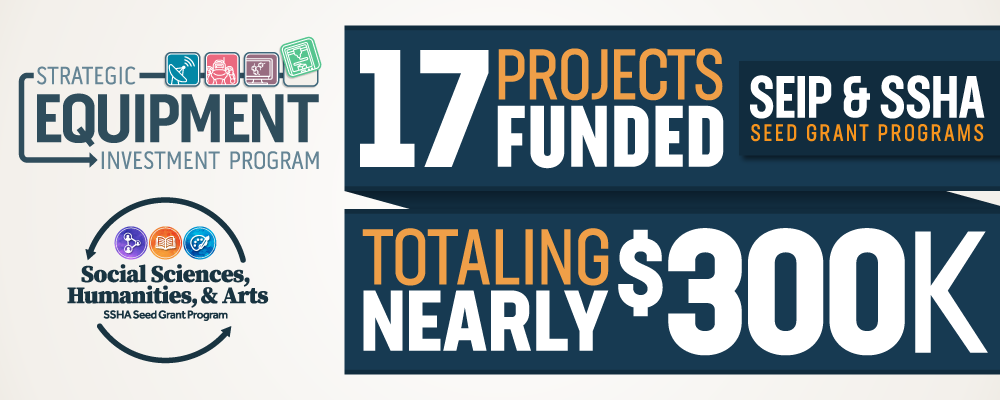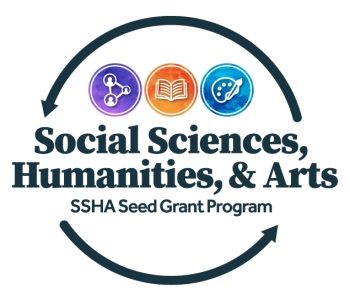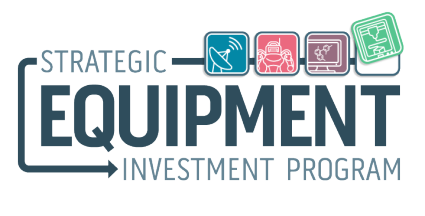SSHA seed grant projects and research teams awarded are:
- “A Gathering to Explore Relationality in Online Indigenous Language Revitalization Work,” led by Kari Chew (Educational Leadership and Policy Studies, College of Education)
- “Good Book: How White Evangelicals Save the Bible to Save Themselves,” led by Jill Hicks-Keeton (Religious Studies, College of Arts and Sciences)
- “Growth, Citizenship, and the Politics of Water in Norman, Oklahoma,” led by Daniel Mains (Honors College)
- “Intersections of Climate and Housing Justice: A Comparative Study of Adaptation Planning in Miami, Florida and Jakarta, Indonesia,” led by Emma Colven (International & Area Studies, College of International Studies)
- “Making Sense of Medical Practice in a Pandemic: Convergent, Transdisciplinary, Transnational Research on Law, Politics, and Professionalism during COVID-19,” led by Fabio de Sa e Silva (International & Area Studies, College of International Studies) and Ryan Yarnall (Internal Medicine, OU-Tulsa)
- “Promoting COVID-19 Vaccine Confidence Through Tailored Health Messaging,” led by Shane Connelly (Psychology, College of Arts and Sciences), Sun Kyong Lee (Communication, College of Arts and Sciences) and Glenn Leshner (Gaylord College of Journalism)
- “Protecting and Learning from the Pueblo of Acoma’s Heritage in the ‘Lands Between’,” led by Samuel Duwe (Anthropology, College of Arts and Sciences)
- “River Channels: Institutional Barriers to Humanistic Excellence,” led by Kimberly Marshall and Anna Reser (Arts & Humanities Forum)
- “School as a Battle Ground: Navigating Minoritized Teachers’ Identity Tension,” led by Ji Hong (Educational Psychology, College of Education)
- “Spatial Storytelling with Emergent Technologies: Muscogee (Creek) Tribal Town Futurity,” led by Laura Harjo (Native American Studies, College of Arts and Sciences), Angela Person and Shawn Schaefer (Christopher C. Gibbs College of Architecture)
- “Special Rights: A History of the Anti-Gay Movement,” led by Jennifer Holland (History, College of Arts and Sciences)
- “The IsisCB History of Pandemics Project,” led by Stephen Weldon (History of Science, College of Arts and Sciences)
- “The National Weather Center/Oklahoma Weather Community Oral History Project,” led by Hunter Heyck (History of Science, College of Arts and Sciences)
Four proposals, awarded through the Strategic Equipment Investment Program, will support the purchase of equipment that is expected to have significant impact in enhancing researchers’ capabilities and competitiveness at a national level, as well as provide new opportunities for advancing research teams’ ability to achieve new goals in terms of creativity, discovery, innovation, and competitiveness in securing external funding.
“The awarded proposals will support the purchase of truly strategic research equipment that will advance OU’s research capabilities in areas of interest to external funding agencies such as the National Science Foundation, Department of Defense and National Institutes of Health, among others,” said Senior Associate Vice President for Research and Partnerships, John Antonio. “The equipment will also either be available in shared research spaces or will be available to researchers from multiple departments.”




